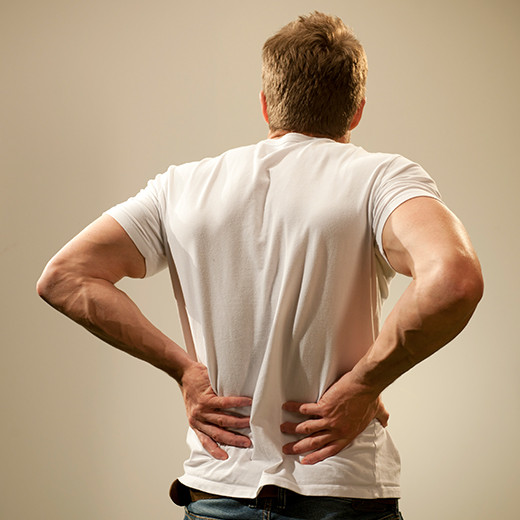Do Topical CBD Products Really Reduce Pain?
May 30th 2020
In the past, when people hear the word CBD—or any cannabis-related product for that matter—they immediately equate it with “drugs” or “getting high.” Luckily, society is now getting over this slightly biased assumption, and we’re starting to realize this substance’s potential in the medical field.
With CBD’s popularity today, people are singing an entirely different tune. Topical CBDs are being regarded as a miracle cure that can help alleviate numerous symptoms and even make you healthier. One of its most widely claimed benefits is its effectiveness in giving pain relief.
Does it really work, or is it all just hearsay? Answering that question is a bit more complicated since it isn’t a yes or no situation. Let’s discuss CBD in detail and tackle its effects on our bodies.
What is CBD, and does it make you high?
First thing’s first. CBD is short for cannabidiol. It is one of the compounds found in all cannabis plants, which contain 113+, naturally occurring, active compounds called cannabinoid.
Next, we should address one of the most commonly asked questions: Does CBD make you high? The answer is no.
The most well-known cannabinoid and is associated with marijuana’s psychoactive properties is called the THC or Tetrahydrocannabinol. Now, unlike THC, CBD does not cause a “high” effect. What it does is impact the body to use its own endocannabinoids more effectively, therefore offering relief and benefits without the disconcerting feelings of lethargy or dysphoria.
What are topical CBD products?
Topical CBD products are formulated to be absorbed into the top layer of the skin and not transdermal. This means that you don’t have to worry about it going into your bloodstream as it won’t pass through the skin.
It can be in the form of oil, cream, lotion, or salve; therefore, it’s not to be taken orally—or smoked, for that matter. Cannabis topicals are made with hemp-derived CBD and have virtually no THC.
CBD and the human body
The human body has a system of receptors called cannabinoid receptors, which both THC and CBD act on. Cannabinoids like THC and CBD are similar enough to compounds that your body naturally makes, called endocannabinoids.
The human body has an endocannabinoid system (ECS) that receives and translates signals from cannabinoids. This has been recently recognized as an important modulatory system in the function of the brain, endocrine, and immune tissues. It plays a vital role in the secretion of hormones related to reproductive functions and response to stress.
Understanding pain and CBD
It has been cited that the most common medical reason for using CBD is to manage chronic pain, followed closely by managing arthritis or joint pain. Apart from those conditions, topical CBD is also used to lessen the symptoms of skin diseases like psoriasis and eczema.
CBD has a known anti-inflammatory effect that can lessen pain, itching, and swelling on our body. So anyone experiencing any one of these symptoms might consider trying out topical CBD creams for relief.
The Science to Back it Up
Researchers attribute CBD’s pain-relieving qualities to its effect on our body’s endocannabinoid (ECB) system. This system is present all throughout our body and is associated with mood, immune function, appetite, and pain sensation. Whenever we use CBD, it interacts with our ECB system in different ways.
One study shows that CBD can lessen the body’s inflammatory marker production, which is a widespread occurrence among people who have rheumatoid arthritis or similar chronic conditions. Another published research in the 2017 Pain Journal found that CBD treatment stops and hinders pain development in test rats that have osteoarthritis.
Similarly, one small study in the 2019 Clinical Therapeutics Journal found that using CBD ointments over a three-month period significantly improves the symptoms of atopic dermatitis, psoriasis, and other skin disorders.
Worth looking into
Topical CBD products are getting attention for a good reason. As more consumers are becoming more conscious of what to take part in, organic alternatives sourced from nature have grown more popular. If the intention is to heal, then it’s only practical to skip artificial.
In the case of CBD topicals, despite the number of studies proving its beneficial effects, CBD testing is still at a preliminary stage, and the current information we have is far from conclusive. With that said, CBD remains a promising alternative to pain relief that’s worth looking into.

